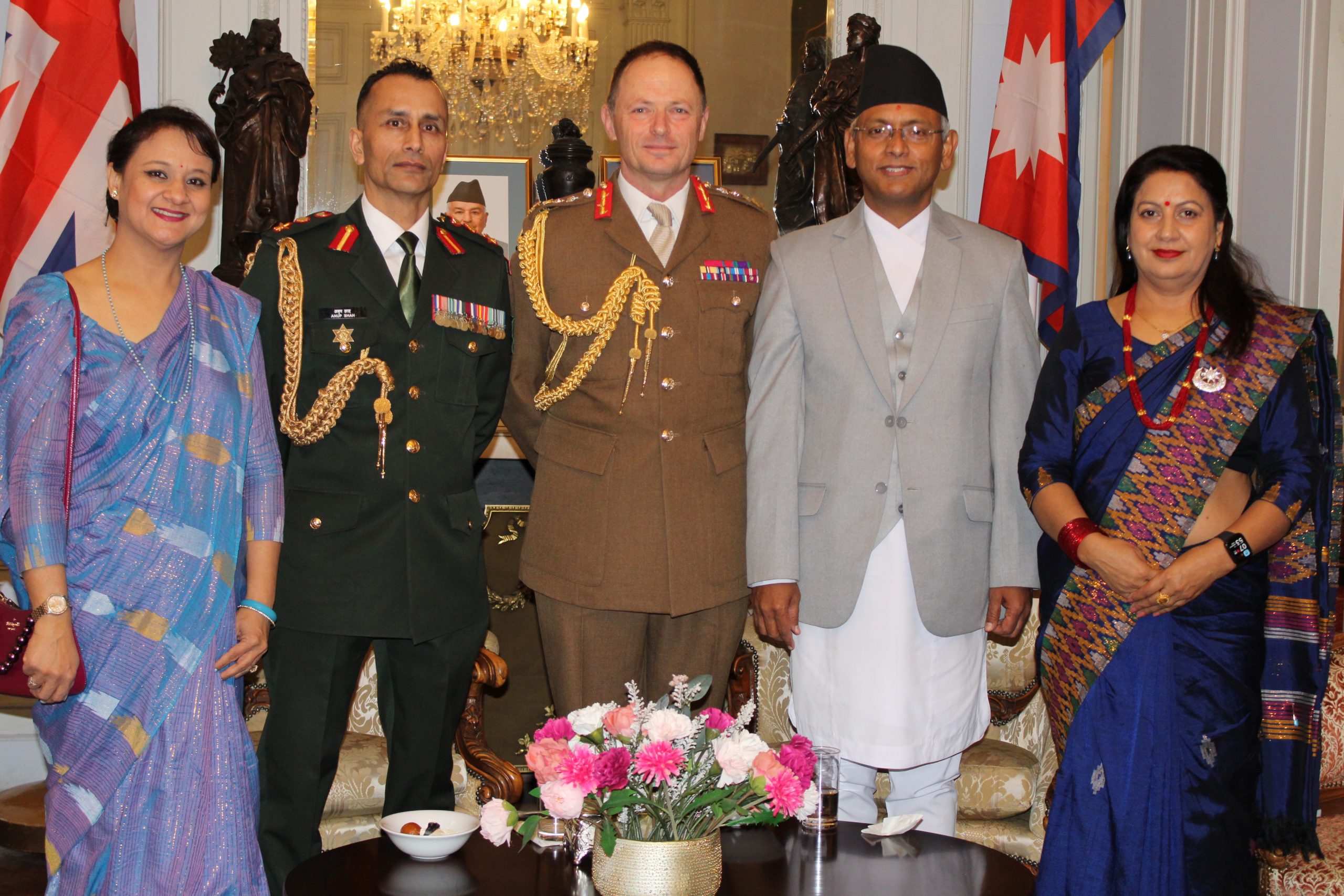BBC to cut hundreds of jobs at World Service

LONDON: Nearly 400 staff at BBC World Service will lose their jobs as part of a cost-cutting programme and move to digital platforms, the broadcaster announced on Thursday, paring down its Iranian-language service among others.
The BBC, which marks its centenary next month, said its international services needed to make savings of £28.5 million ($31 million) as part of wider reductions of £500 million, which unions blamed on the UK government.
In July the broadcaster detailed plans to merge BBC World News television and its domestic UK equivalent into a single channel to launch in April next year.
BBC World Service – one of the UK’s most recognisable global brands – currently operates in 41 languages around the world with a weekly audience of some 364 million people.
But the corporation said audience habits were changing and more people were accessing news online, which along with a freeze on BBC funding and increased operating costs meant a move to “digital-first” made financial sense.
“Today’s proposals entail a net total of around 382 post closures,” the public service broadcaster said in an online statement.
Eleven language services – Azerbaijani, Brasil, Marathi, Mundo, Punjabi, Russian, Serbian, Sinhala, Thai, Turkish, and Vietnamese – are already digital only.
Under the restructuring plans they will be joined by seven more: Chinese, Gujarati, Igbo, Indonesian, Pidgin, Urdu and Yoruba.
Radio services in Arabic, Persian, Kyrgyz, Hindi, Bengali, Chinese, Indonesian, Tamil and Urdu will stop, if the proposals are approved by staff and unions.
No language services will close, the broadcaster insisted, although some production will move out of London and schedules would change.
The Thai service will move to Bangkok, the Korean service to Seoul and the Bangla service to Dhaka.
The “Focus on Africa” television bulletin will be broadcast from Nairobi, it added.
BBC World Service director Liliane Landor said there was a “compelling case” for expanding digital services, as audiences had more than doubled since 2018.
“The way audiences are accessing news and content is changing and the challenge of reaching and engaging people around the world with quality, trusted journalism is growing,” she added. ( AFP)



















Facebook Comments